When you think of Africa, it’s easy to envision safaris and wild animals. However, there’s a more responsible side to travel gaining traction: eco-tourism. This focuses on exploring nature while protecting it, supporting local communities, and leaving only footprints behind.
For Nigerian travelers looking for sustainable adventures, Africa offers a wealth of destinations where nature and local cultures thrive together. From the misty gorilla forests in Rwanda to the eco-lodges in South Africa and the conservation reserves in Kenya, African eco-tourism is reshaping travel in the 21st century.
Thanks to the current rate of ₦1,600 to $1, you can plan eco-friendly trips that are both affordable and transformative. Whether you are a wildlife photographer, a nature lover, or someone who wants to reconnect with the earth, Africa has something remarkable in store for you.
Why Eco-Tourism Matters in Africa
Eco-tourism is more than just a trend; it’s crucial. It helps fund wildlife conservation, empowers rural communities, and preserves fragile ecosystems across Africa.
For Nigerians, choosing eco-tourism means supporting African growth while enjoying some of the continent’s most pristine locations, like the Okavango Delta’s floodplains and Tanzania’s lush mountains. It’s travel that truly makes a difference.
Key principles of African eco-tourism include:
- Conservation: Protecting wildlife and habitats.
- Community: Ensuring tourism benefits locals directly.
- Culture: Respecting indigenous traditions and knowledge.
- Sustainability: Reducing waste and carbon footprint.
Let’s look at some of the best African eco-tourism destinations that blend nature, culture, and sustainability, all accessible from Nigeria.
Rwanda – The Land of a Thousand Hills
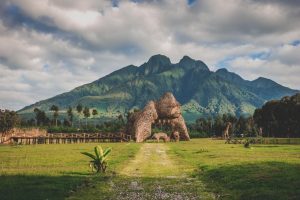
Rwanda is one of Africa’s cleanest, greenest, and safest countries. It serves as a model for sustainable tourism.
Known for its mountain gorillas, terraced hills, and eco-lodges, Rwanda has embraced conservation as its national identity. Since banning plastic in 2008, the country has prioritized reforestation, responsible wildlife tourism, and community-based initiatives.
Top Eco-Tourism Experiences
- Volcanoes National Park: Track endangered mountain gorillas and golden monkeys in their misty rainforest habitat.
- Nyungwe Forest National Park: Walk the canopy bridge over ancient rainforest and spot chimpanzees.
- Lake Kivu: Kayak or swim in one of Africa’s cleanest freshwater lakes.
Sustainable Stays
- Bisate Lodge (₦850,000/night): Luxurious yet sustainable, supporting local reforestation.
- Nyungwe House (₦600,000/night): Eco-luxury on a tea plantation.
- EcoBreeze Lodge (₦100,000/night): Budget-friendly and community-run.
Budget Overview
- Flight from Lagos: ₦450,000 – ₦600,000
- Park permits (Gorilla trekking): ₦4.8 million ($3,000) but life-changing.
- Mid-range 5-day eco-trip: ₦2.5 – ₦3.5 million.
Rwanda demonstrates that eco-tourism can be luxurious, ethical, and deeply emotional a journey into nature’s core.
Kenya – Where Conservation Meets Culture
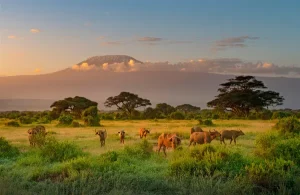
Kenya has always been synonymous with wildlife, but beyond the Big Five safaris, it leads a strong eco-tourism movement. From community-run conservancies to eco-lodges in Maasai Mara, Kenya is changing the face of conservation travel.
Top Eco-Tourism Spots
- Maasai Mara Conservancies: Stay on Maasai-owned land, where your visit directly funds schools and wildlife protection.
- Amboseli National Park: Watch elephants graze beneath the shadow of Mount Kilimanjaro.
- Watamu Marine National Park: Explore coral reefs and mangroves sustainably.
Eco-Lodges
- Basecamp Explorer Mara (₦150,000/night): 100% solar-powered, supports Maasai education.
- Elephant Bedroom Camp (₦180,000/night): Luxury tents in Samburu with minimal footprint.
- Watamu Treehouse (₦120,000/night): Stunning seaside eco-stay.
Budget Overview
- Flight from Lagos: ₦500,000 – ₦700,000
- Safari tours: ₦200,000 – ₦400,000/day
- 5-day eco-safari: ₦2.2 – ₦3 million.
Kenya is ideal for Nigerians looking for authentic safari experiences that benefit both wildlife and local communities.
Tanzania – The Soul of Wild Africa
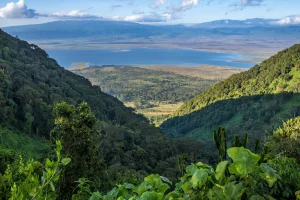
Home to Mount Kilimanjaro and the Serengeti, Tanzania embodies pure wilderness. What makes it truly remarkable is its commitment to low-impact, high-value tourism. Every safari fee contributes to conservation and community projects.
Top Eco-Tourism Destinations
- Ngorongoro Conservation Area: A natural amphitheater full of wildlife.
- Serengeti National Park: Witness the Great Migration of wildebeests which is an ecological wonder.
- Selous Game Reserve: One of the largest protected areas on Earth.
Sustainable Stays
- Chumbe Island Coral Park (₦200,000/night): Solar-powered island paradise.
- Lemala Ewanjan Camp (₦180,000/night): Solar tents with zero plastic.
- Kambi ya Tembo (₦130,000/night): Community-based mountain camp.
Budget Overview
- Flight from Lagos: ₦650,000 – ₦900,000
- Park fees: ₦60,000 – ₦120,000/day
- 6-day eco-trip: ₦2.5 – ₦3.5 million.
Tanzania’s eco-tourism approach allows you to feel part of nature, not above it. Every sunrise here feels sacred.
South Africa – The Green Pioneer

South Africa’s eco-tourism sector is well-developed, featuring green cities, eco-certified lodges, and sustainable game reserves. It’s the perfect destination for Nigerians seeking a balance between nature and comfort.
Top Eco-Destinations
- Kruger National Park: Home to the Big Five and various eco-lodges.
- Garden Route: Forests, beaches, and whale watching.
- Drakensberg Mountains: A UNESCO-protected hiking paradise.
Eco-Stays
- Camp Jabulani (₦400,000/night): Elephant-friendly and carbon-neutral.
- Tsala Treetop Lodge (₦250,000/night): Built entirely from sustainable materials.
- Storms River Mouth Rest Camp (₦80,000/night): Rustic yet eco-friendly.
Budget Overview
- Flight from Lagos: ₦650,000 – ₦850,000
- Local transport: ₦15,000/day
- 7-day eco-holiday: ₦2.3 – ₦3.2 million.
South Africa’s eco-tourism infrastructure is top-notch modern, ethical, and deeply respectful of nature.
Namibia – Desert Dreams and Conservation Success

Namibia’s desert landscapes are surreal with endless dunes, salt pans, and starry skies. It’s one of Africa’s great eco-tourism success stories, with over 40% of its land under conservation management.
Top Eco-Experiences
- Etosha National Park: Wildlife-rich salt flats.
- Sossusvlei Dunes: Climb the red dunes of the Namib Desert.
- Skeleton Coast: Untouched coastline where desert meets sea.
Eco-Lodges
- Desert Rhino Camp (₦350,000/night): Supports rhino protection.
- Kulala Desert Lodge (₦250,000/night): Solar-powered with stargazing decks.
- Okonjima Lodge (₦150,000/night): Home to the AfriCat Foundation.
Budget Overview
- Flight from Lagos: ₦700,000 – ₦950,000
- Park fees: ₦40,000 – ₦70,000/day
- 7-day eco-trip: ₦2.6 – ₦3.5 million.
Namibia is for those who seek solitude and awe eco-luxury in the silence of sand and stars.
Madagascar – The Island of Biodiversity
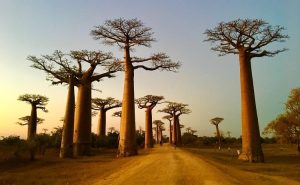
Madagascar is a paradise for eco-tourism. Over 90% of its wildlife is unique, including lemurs, chameleons, and baobabs.
Top Eco-Destinations
- Andasibe-Mantadia National Park: Experience lemur encounters and rainforest treks.
- Avenue of the Baobabs: Iconic natural wonder.
- Nosy Be Marine Reserve: Coral reefs and sea turtles.
Sustainable Stays
- Vakona Forest Lodge (₦120,000/night): Built from local materials.
- Sakatia Lodge (₦90,000/night): Solar and reef-friendly.
- Ankarana Lodge (₦80,000/night): Community-run.
Budget Overview
- Flight from Lagos: ₦1,000,000 – ₦1,200,000
- Local tours: ₦40,000/day
- 6-day eco-trip: ₦2.8 – ₦3.6 million.
Madagascar’s raw, unspoiled nature reminds us how delicate and beautiful the planet is.
Uganda – The Pearl of Africa

Winston Churchill called it “The Pearl of Africa,” and he was right. Uganda is lush, vibrant, and filled with wildlife, yet it remains one of the most affordable eco-tourism spots in Africa.
Top Experiences
- Bwindi Impenetrable Forest: A paradise for gorilla trekking.
- Queen Elizabeth National Park: Known for tree-climbing lions and boat safaris.
- Murchison Falls: The Nile at its most powerful.
Eco-Lodges
- Buhoma Lodge (₦160,000/night): Eco-certified and community-owned.
- Kyambura Gorge Lodge (₦200,000/night): Solar-powered with a sustainable design.
- Red Chilli Rest Camp (₦60,000/night): Budget-friendly and environmentally conscious.
Budget Overview
- Flight from Lagos: ₦450,000 – ₦600,000
- Park fees: ₦50,000 – ₦150,000/day
- 5-day eco-trip: ₦2 – ₦2.8 million.
Uganda combines breathtaking wilderness with meaningful conservation eco-tourism at its most genuine.
How to Travel Responsibly as a Nigerian Eco-Tourist
- Use Local Guides: This keeps money within the community.
- Avoid Plastic: Carry a refillable water bottle.
- Stay Green: Choose lodges with solar energy and waste recycling.
- Respect Wildlife: Observe from a distance.
- Support Local Artisans: Buy handmade souvenirs instead of imported trinkets.
Traveling responsibly goes beyond ethics. It empowers communities. Every naira you spend helps protect Africa’s natural heritage.
Africa isn’t just a place for safaris, it’s the world’s last great wilderness, and eco-tourism is key to its preservation.
For Nigerians, these destinations are nearby, culturally familiar, and increasingly accessible. From Rwanda’s rainforests to Namibia’s deserts and Kenya’s savannahs, African eco-tourism offers journeys that transform both the traveler and the land.
The future of travel in Africa is not only about seeing it; it’s also about sustaining it. So, pack your eco-friendly bag, charge your camera, and explore a greener Africa, one responsible trip at a time.


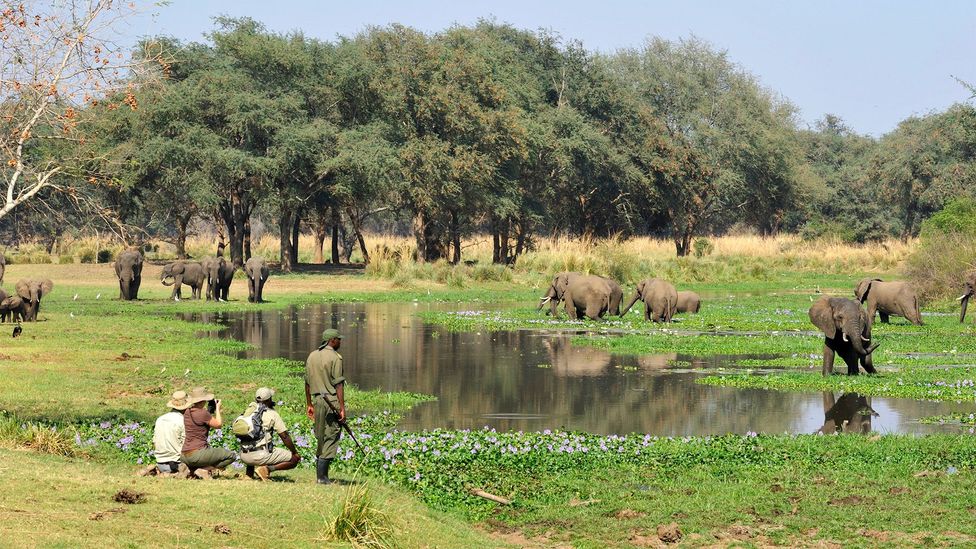
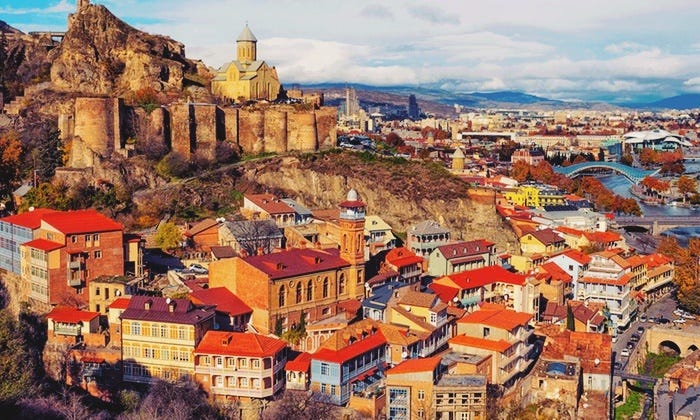
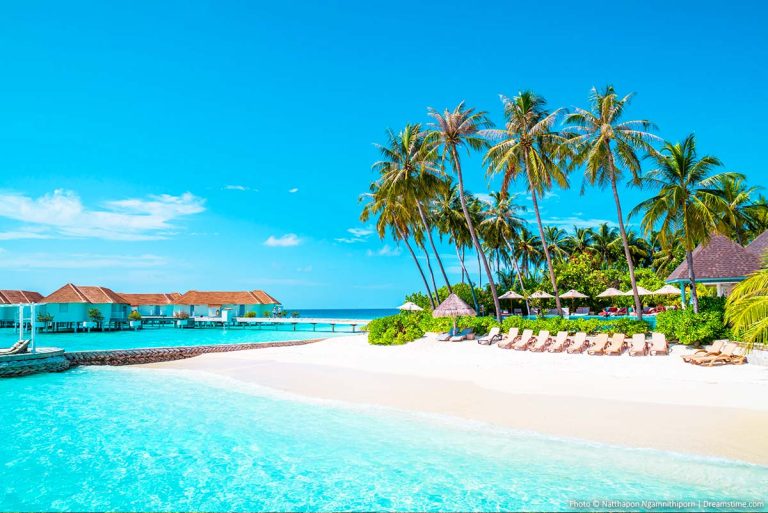

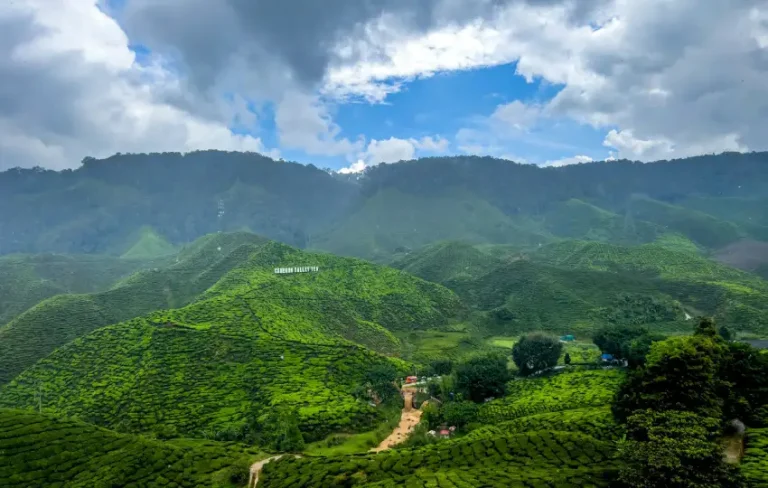
Leave a Comment